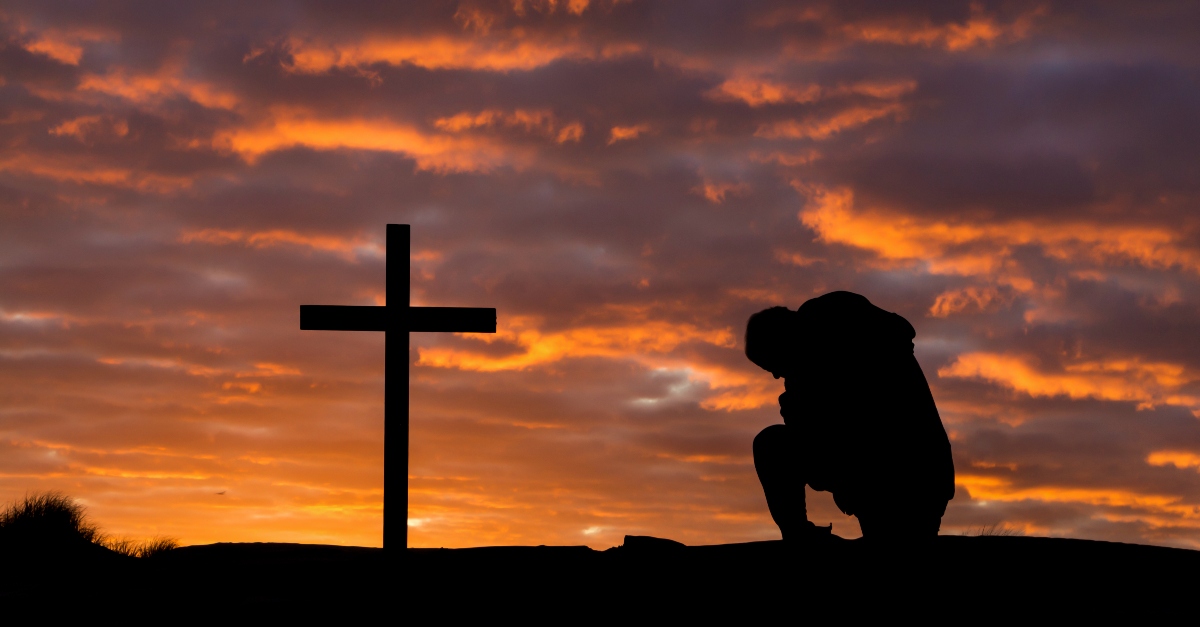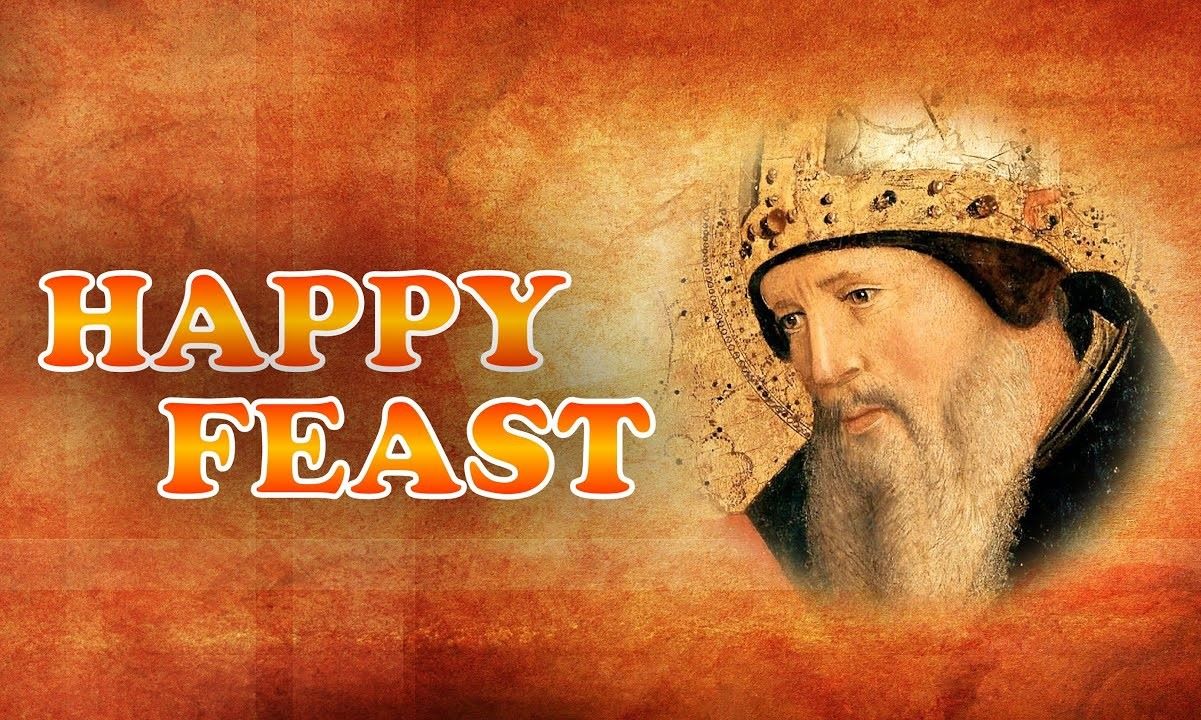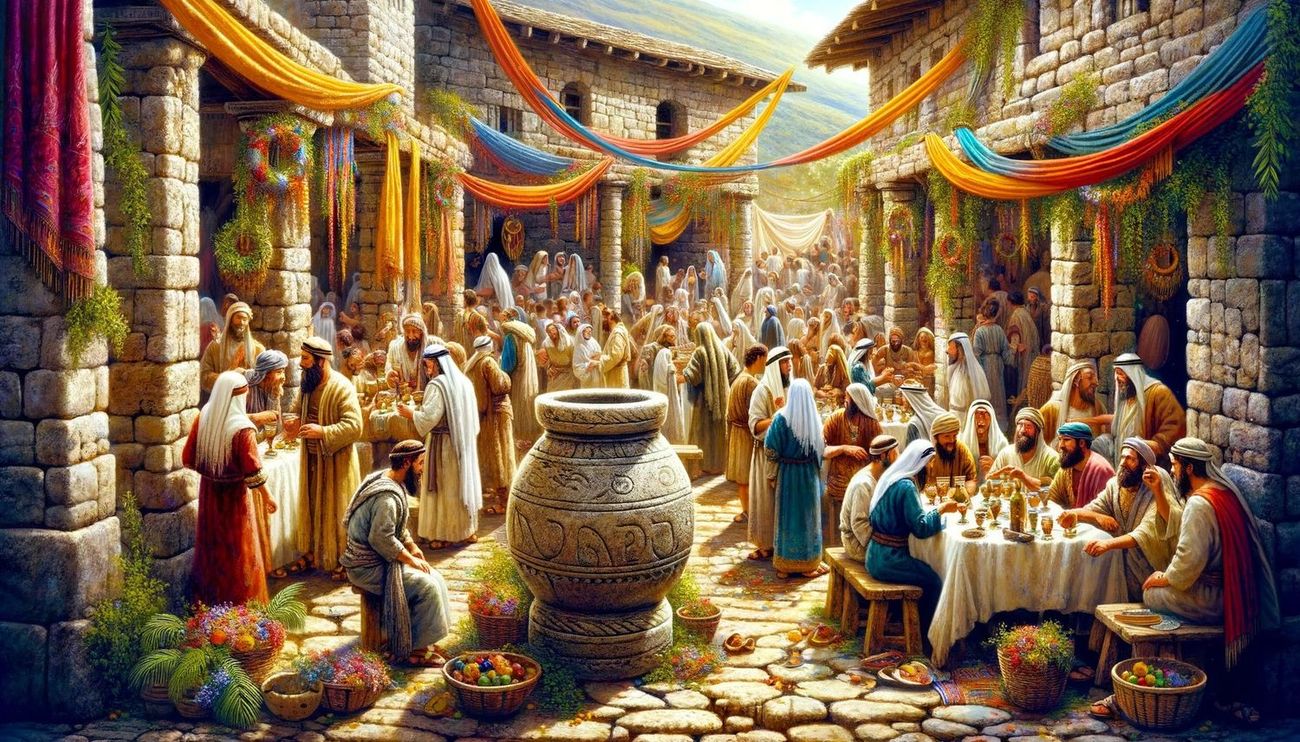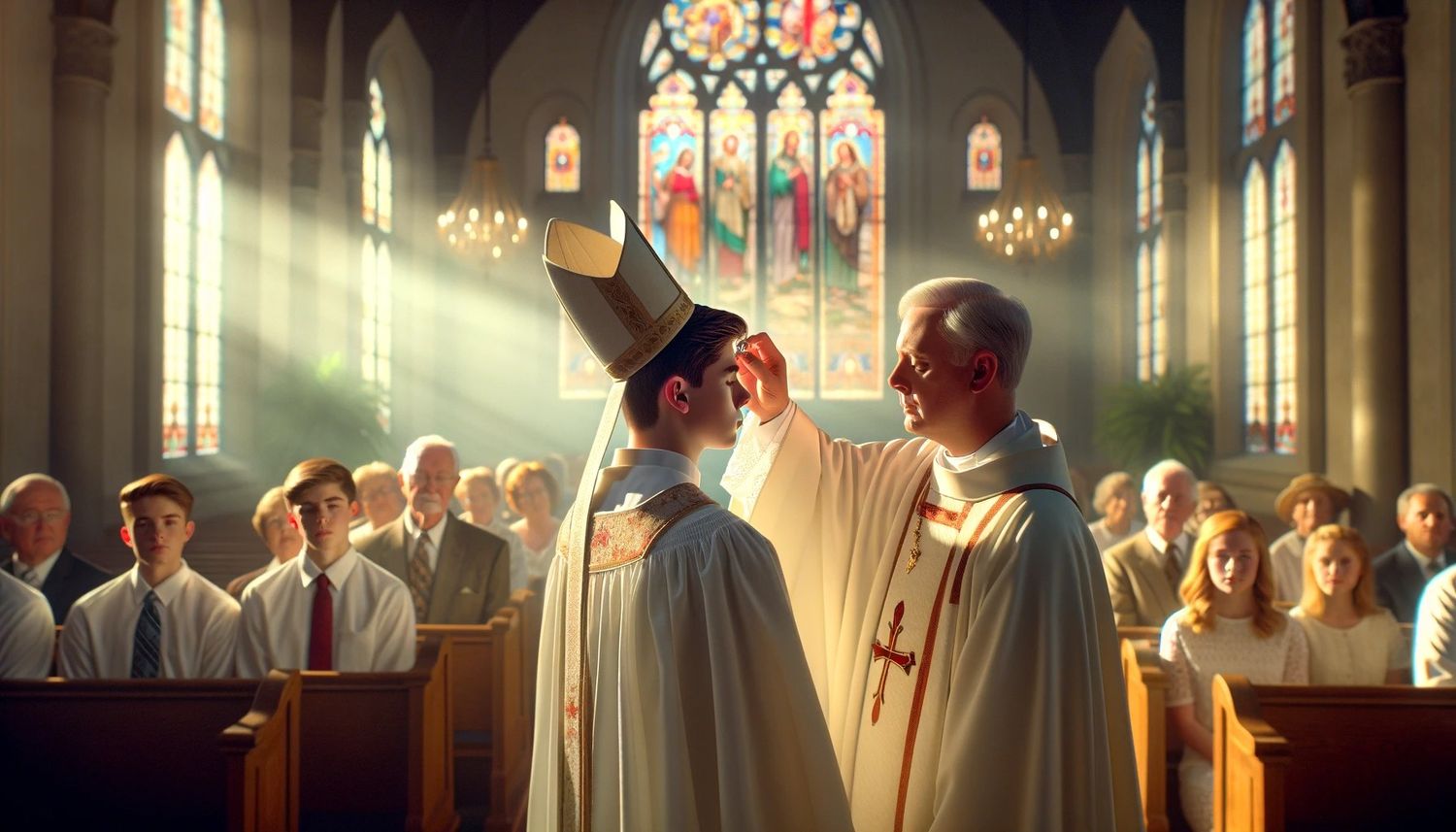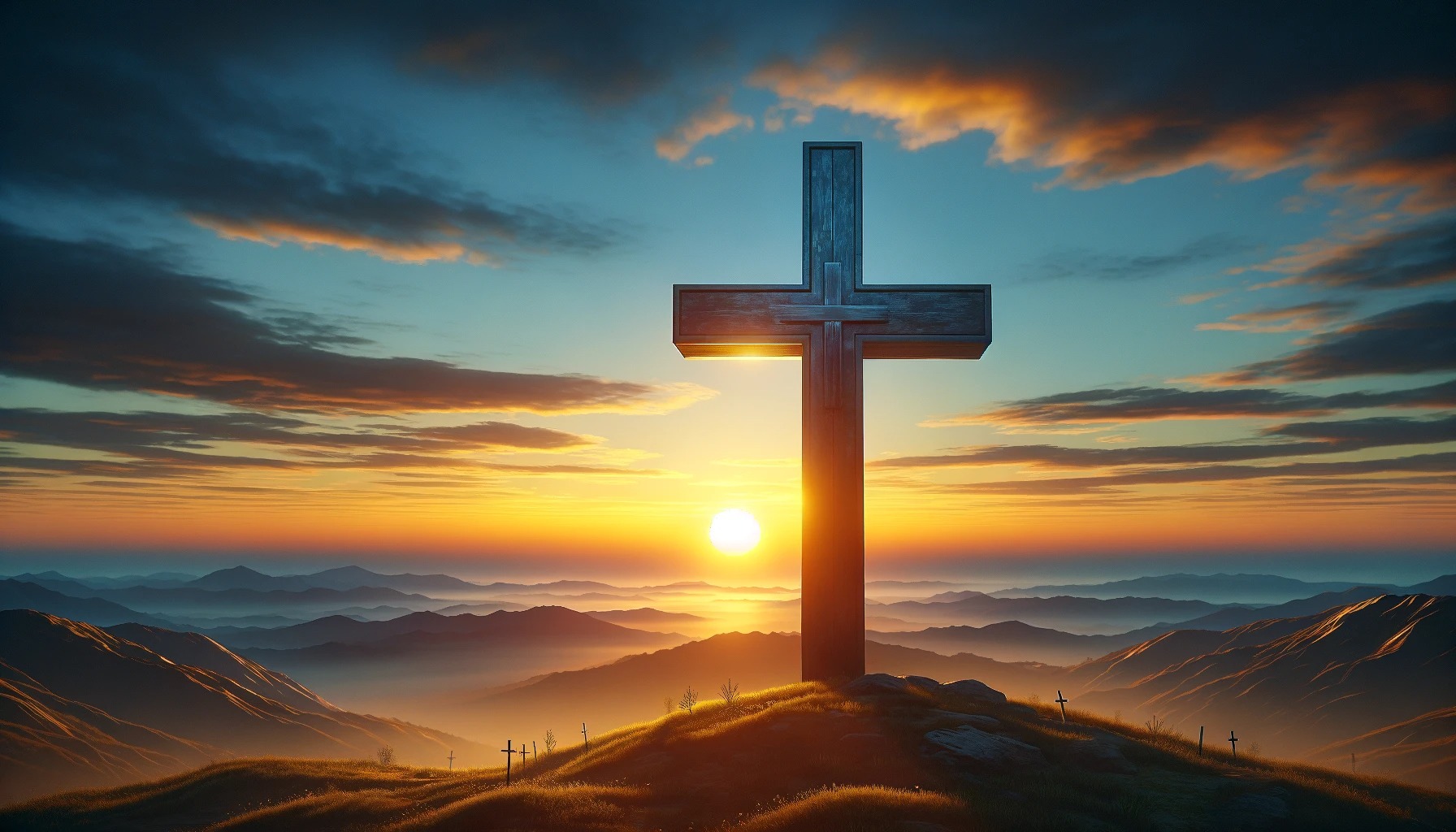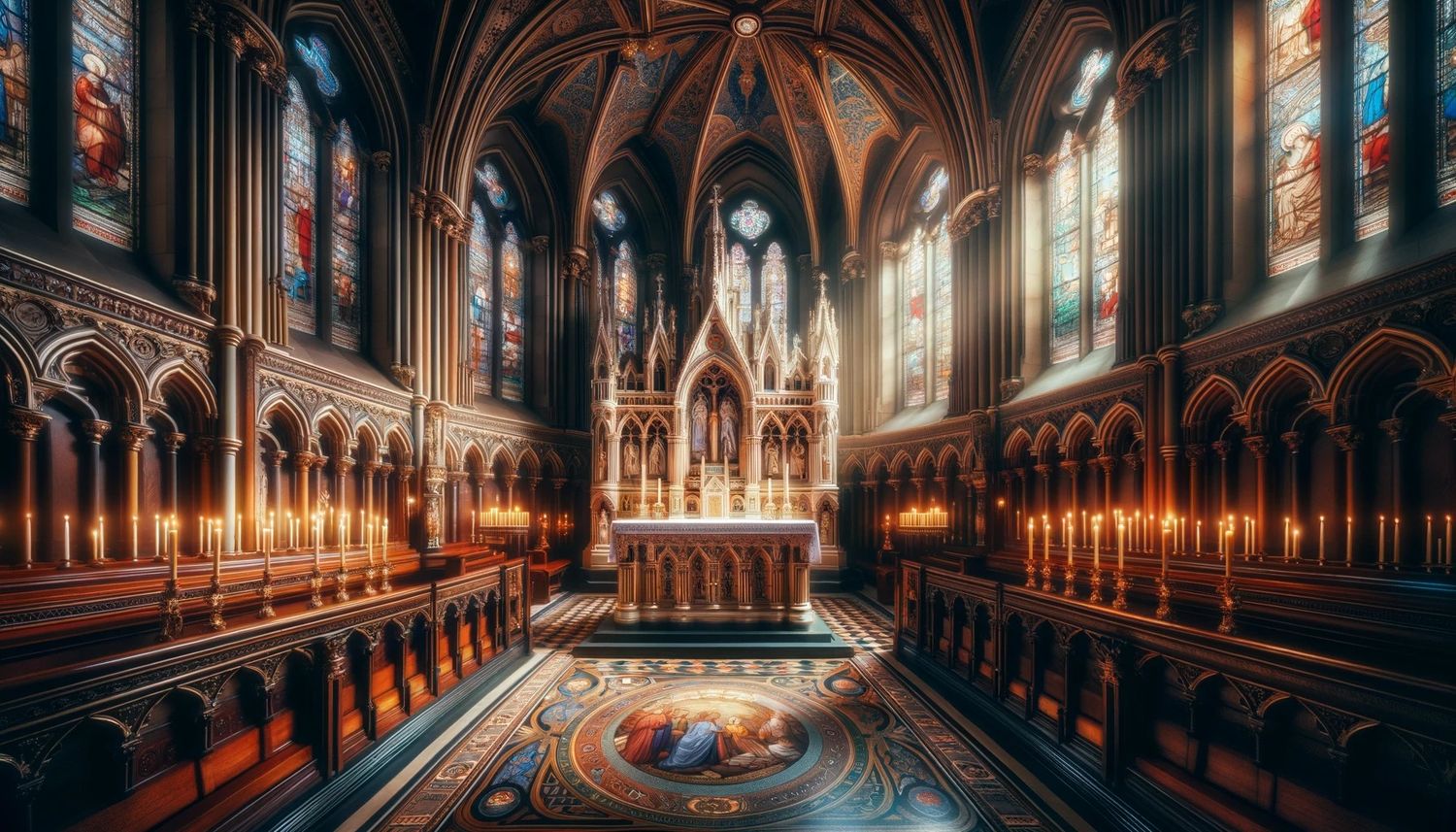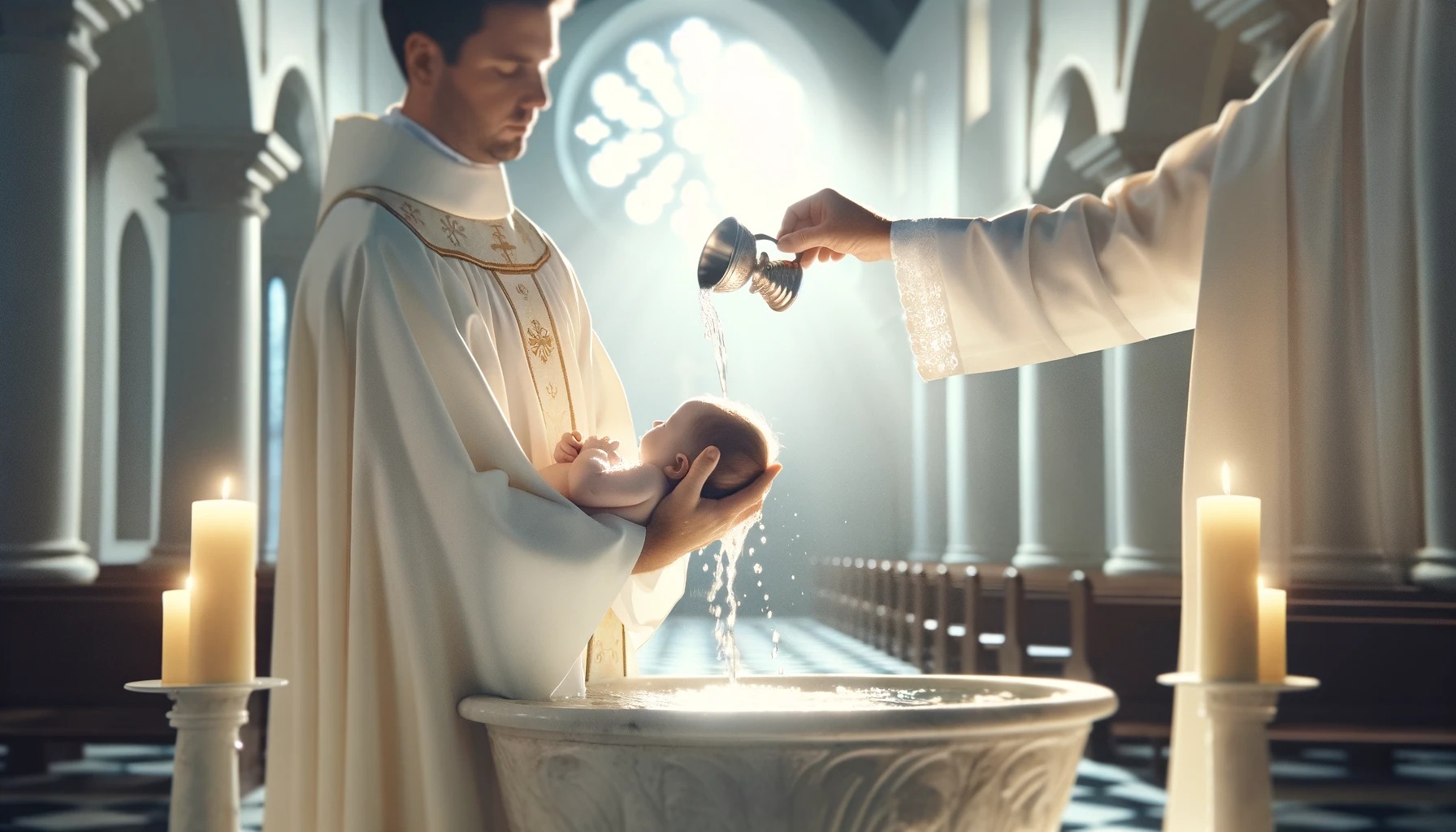Home>Theology and Spirituality>What Is A Feast Day In Catholicism


Theology and Spirituality
What Is A Feast Day In Catholicism
Published: February 15, 2024
Ericka Andersen, an editor at Christian.net, expertly merges digital strategy with content creation, focusing on faith and societal issues. Her communication skills enhance the platform's engaging narratives, fostering meaningful dialogue on belief's impact on society.
Discover the significance of feast days in Catholicism and their role in theology and spirituality. Explore the traditions and practices associated with these important religious celebrations.
(Many of the links in this article redirect to a specific reviewed product. Your purchase of these products through affiliate links helps to generate commission for Christian.net, at no extra cost. Learn more)
Table of Contents
Introduction
Feast days hold a significant place in the rich tapestry of Catholicism, serving as occasions of profound spiritual significance and communal celebration. These revered days are steeped in tradition and are pivotal in honoring the lives and legacies of saints, as well as key events in the Christian faith. The observance of feast days is a cherished practice that has endured for centuries, fostering a deep sense of connection and continuity within the Catholic community.
Feast days are not merely dates on the calendar; they are vibrant threads woven into the fabric of Catholic tradition, each carrying its own unique symbolism and resonance. These occasions provide a sacred opportunity for believers to reflect on the exemplary lives of saints, whose unwavering devotion and virtuous deeds continue to inspire and guide the faithful.
In the following sections, we will delve into the profound significance of feast days in Catholicism, exploring their definition, importance, examples, and the manner in which they are joyously celebrated within the faith. By illuminating the essence of these revered observances, we aim to deepen our understanding of their spiritual and communal significance, and to honor the enduring traditions that continue to enrich the Catholic faith.
Read more: When Is St. John The Baptist Feast Day
Definition of Feast Day in Catholicism
A feast day in Catholicism is a day set aside to commemorate and honor a specific saint, an event from the life of Jesus Christ, or a mystery of faith. These days are marked by special religious observances, including Masses, prayers, and often, festive gatherings. The concept of feast days has its roots in the early Christian tradition, where the anniversaries of martyrs' deaths were commemorated with solemn ceremonies. Over time, this practice expanded to include the celebration of the lives of renowned saints and significant events in the Christian narrative.
Feast days are not confined to a single day; they can span several days, such as the Feast of the Sacred Heart or the Feast of All Saints. Each feast day holds its own distinct significance, often reflecting the virtues and contributions of the saint being honored or the spiritual theme being commemorated. These occasions serve as poignant reminders of the enduring impact of faith and the profound legacy of those who have exemplified unwavering devotion and righteousness.
The Catholic Church's liturgical calendar designates specific feast days throughout the year, ensuring that the faithful have the opportunity to honor and draw inspiration from a diverse array of saints and sacred events. These days are integral to the rhythm of the Church's worship and provide a framework for communal reflection and spiritual growth. Moreover, feast days serve as a testament to the continuity of the Catholic faith, connecting believers across generations and continents through shared devotion to the saints and the foundational tenets of Christianity.
In essence, feast days in Catholicism encapsulate the timeless tradition of venerating the spiritual luminaries and pivotal moments that have shaped the faith. They offer a profound opportunity for believers to deepen their understanding of the faith's rich heritage and to draw strength from the exemplary lives and teachings of the saints. As such, these cherished observances stand as a testament to the enduring vitality of the Catholic tradition and the enduring relevance of its timeless teachings.
Importance of Feast Days in Catholicism
Feast days hold profound significance within the framework of Catholicism, serving as pivotal occasions that underscore the enduring spiritual and communal importance of the faith. These revered observances play a multifaceted role in the lives of believers, embodying the timeless values of reverence, remembrance, and communal celebration.
Commemoration of Saints and Sacred Events
Feast days provide a sacred platform for honoring the lives and legacies of revered saints, whose exemplary devotion and virtuous deeds continue to inspire and guide the faithful. Through the commemoration of these spiritual luminaries, feast days serve as a testament to the enduring impact of faith and the profound legacy of those who have exemplified unwavering devotion and righteousness. Moreover, these observances offer a poignant opportunity for believers to reflect on the timeless teachings and exemplary lives of the saints, drawing inspiration from their unwavering commitment to the Christian faith.
Spiritual Reflection and Renewal
Feast days offer a structured framework for spiritual reflection and renewal, allowing believers to deepen their understanding of the faith's rich heritage and draw strength from the timeless teachings of the saints. These occasions provide a sacred pause in the rhythm of daily life, inviting individuals to contemplate the virtues and spiritual themes embodied by the saints being honored. Through prayer, meditation, and communal worship, feast days foster a profound sense of spiritual renewal, nurturing the faith and fortifying the spiritual bond that unites the Catholic community.
Continuity and Tradition
Feast days embody the enduring continuity of the Catholic tradition, connecting believers across generations and continents through shared devotion to the saints and the foundational tenets of Christianity. These observances serve as a testament to the timeless values and teachings that have shaped the faith, fostering a deep sense of connection and continuity within the Catholic community. By venerating the spiritual luminaries and pivotal moments that have shaped the faith, feast days reaffirm the enduring relevance of the Catholic tradition and its timeless teachings, ensuring that its profound legacy continues to resonate across the ages.
In essence, feast days in Catholicism encapsulate the timeless tradition of venerating the spiritual luminaries and pivotal moments that have shaped the faith. They offer a profound opportunity for believers to deepen their understanding of the faith's rich heritage and to draw strength from the exemplary lives and teachings of the saints. As such, these cherished observances stand as a testament to the enduring vitality of the Catholic tradition and the enduring relevance of its timeless teachings.
Examples of Feast Days in Catholicism
Feast days in Catholicism encompass a diverse array of revered saints and sacred events, each carrying its own profound significance and spiritual resonance. These occasions serve as poignant reminders of the enduring impact of faith and the timeless legacy of those who have exemplified unwavering devotion and righteousness. Here are some notable examples of feast days in Catholicism:
1. Feast of the Assumption of Mary
Celebrated on August 15th, the Feast of the Assumption of Mary commemorates the belief that the Virgin Mary, at the end of her earthly life, was taken up, body and soul, into heavenly glory. This revered feast day underscores the exalted role of Mary in the Christian faith and serves as a testament to her unwavering devotion and profound spiritual significance.
2. Feast of St. Francis of Assisi
Observed on October 4th, the Feast of St. Francis of Assisi honors the life and teachings of St. Francis, the patron saint of animals and the environment. This feast day is marked by special blessings of animals and ecological initiatives, reflecting St. Francis' deep reverence for all of God's creation.
Read more: What Feast Follows Advent
3. Feast of the Immaculate Conception
Celebrated on December 8th, the Feast of the Immaculate Conception venerates the belief that Mary was conceived without original sin. This cherished feast day underscores the purity and sanctity of the Virgin Mary, affirming her exalted role in the Christian narrative.
4. Feast of the Epiphany
Observed on January 6th, the Feast of the Epiphany commemorates the revelation of Jesus Christ as the Son of God to the Magi, symbolizing the manifestation of Christ's divinity to the Gentiles. This feast day holds profound significance in affirming the universal scope of Christ's redemptive mission.
5. Feast of the Annunciation
Celebrated on March 25th, the Feast of the Annunciation marks the angel Gabriel's announcement to the Virgin Mary that she would conceive and become the mother of Jesus, the Son of God. This revered feast day underscores the pivotal moment of the Incarnation, affirming the profound significance of Mary's role in the salvation narrative.
These examples represent a mere fraction of the rich tapestry of feast days in Catholicism, each embodying the enduring spiritual and communal significance of the faith. Through the commemoration of saints and sacred events, these feast days serve as a testament to the enduring impact of faith and the profound legacy of those who have exemplified unwavering devotion and righteousness.
How Feast Days are Celebrated in Catholicism
Feast days in Catholicism are celebrated with a profound sense of reverence, joy, and communal devotion, embodying the enduring spiritual and communal significance of the faith. These revered occasions are marked by a rich tapestry of religious observances, communal gatherings, and cherished traditions that serve to honor the lives of saints and commemorate key events in the Christian narrative.
Read more: When Is The Feast Of Saint John The Baptist
Communal Worship and Mass
Central to the celebration of feast days in Catholicism is the communal worship and participation in Mass. Believers gather in churches and cathedrals to partake in special liturgical services that are tailored to honor the saint or event being commemorated. These Masses are imbued with a sense of solemnity and jubilation, featuring prayers, hymns, and readings that reflect the spiritual themes and virtues associated with the feast day. The Eucharist, a central sacrament in the Catholic faith, holds a prominent place in these Masses, symbolizing the profound spiritual nourishment and unity of the faithful.
Veneration of Relics and Icons
Feast days often involve the veneration of relics and icons associated with the saint being honored. These sacred objects serve as tangible connections to the revered figures of the faith, inspiring reverence and deepening the spiritual connection of believers to the saint's exemplary life. Pilgrimages to shrines and sites associated with the saint are also common, allowing the faithful to pay homage and seek intercession through the saint's revered relics.
Festive Gatherings and Traditions
In addition to the solemnity of Mass and veneration, feast days are often accompanied by festive gatherings and cherished traditions within the Catholic community. Parishes and communities organize processions, cultural performances, and communal meals, fostering a sense of joyous celebration and communal unity. These gatherings serve as vibrant expressions of faith, strengthening the bonds of the community and affirming the enduring vitality of Catholic traditions.
Acts of Charity and Service
Feast days also inspire acts of charity and service, reflecting the compassionate spirit of the Catholic faith. Believers often engage in charitable initiatives, such as serving the marginalized, distributing alms, and extending acts of kindness to those in need. These acts of benevolence are a testament to the enduring legacy of the saints, who exemplified selflessness and compassion in their lives.
In essence, the celebration of feast days in Catholicism is a multifaceted tapestry of reverence, communal worship, joyful traditions, and acts of compassion. These cherished observances serve as a testament to the enduring vitality of the Catholic tradition and the profound impact of faith on the lives of believers, fostering a deep sense of spiritual renewal and communal unity.
Read more: What Is World Communion Day
Conclusion
In conclusion, feast days in Catholicism stand as vibrant tapestries of spiritual reverence, communal celebration, and profound reflection. These revered observances, rooted in the rich tradition of the faith, embody the enduring significance of honoring the lives of saints and commemorating pivotal events in the Christian narrative. The celebration of feast days serves as a testament to the enduring impact of faith, fostering a deep sense of spiritual renewal, communal unity, and reverence for the timeless teachings of the saints.
Through the commemoration of saints and sacred events, feast days provide a sacred platform for believers to draw inspiration from the exemplary lives and unwavering devotion of the saints. These occasions offer a poignant opportunity for spiritual reflection and renewal, inviting individuals to contemplate the virtues and spiritual themes embodied by the saints being honored. The communal worship, veneration of relics, and participation in Mass during feast days serve to deepen the spiritual connection of believers to the revered figures of the faith, fostering a profound sense of reverence and unity within the Catholic community.
Furthermore, feast days are not merely dates on the liturgical calendar; they are vibrant threads woven into the fabric of Catholic tradition, each carrying its own unique symbolism and resonance. These cherished observances embody the enduring continuity of the Catholic tradition, connecting believers across generations and continents through shared devotion to the saints and the foundational tenets of Christianity. The festive gatherings, cultural traditions, and acts of charity that accompany feast days serve as vibrant expressions of faith, strengthening the bonds of the community and affirming the enduring vitality of Catholic traditions.
In essence, feast days in Catholicism encapsulate the timeless tradition of venerating the spiritual luminaries and pivotal moments that have shaped the faith. They offer a profound opportunity for believers to deepen their understanding of the faith's rich heritage and to draw strength from the exemplary lives and teachings of the saints. As such, these cherished observances stand as a testament to the enduring vitality of the Catholic tradition and the enduring relevance of its timeless teachings, fostering a deep sense of spiritual renewal and communal unity within the Catholic community.
